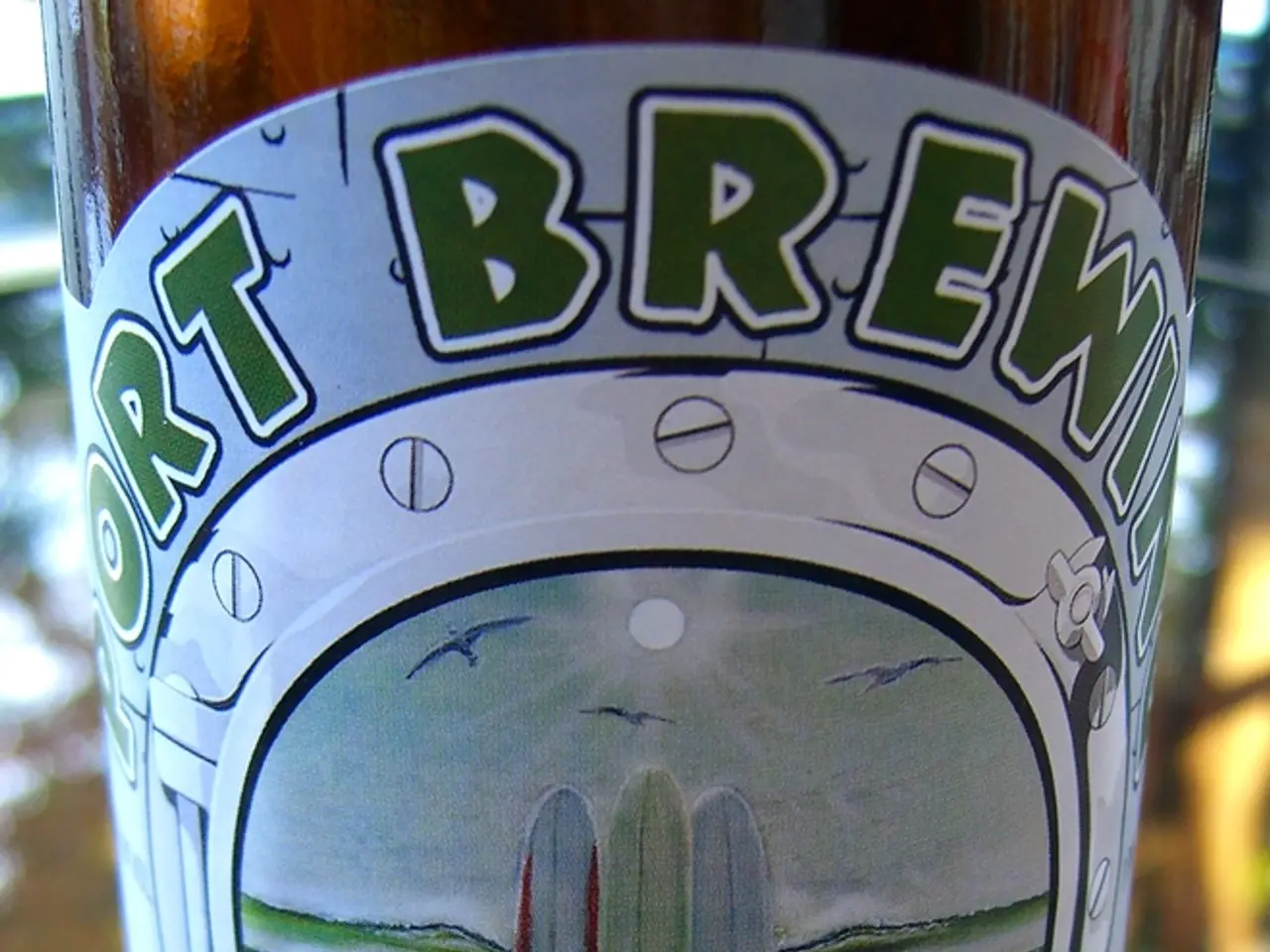Regulations proposed by Nacada could potentially disrupt the formal alcohol market and diminish tax revenues generated from the industry.
In Kenya, the National Alcohol and Drug Abuse Control Council (NACADA) has proposed a new alcohol policy aimed at reducing alcohol abuse. The policy includes raising the legal drinking age to 21, banning alcohol advertising, especially in sports, restricting online sales and home delivery, and banning celebrity endorsements.
However, experts and stakeholders have raised concerns about the potential impacts of this policy on various aspects of the economy.
Tax Revenues
One of the primary concerns is the potential reduction in formal alcohol sales, which could lead to lower tax inflows from the alcohol industry. The policy aims to reduce alcohol abuse but may unintentionally shrink the formal market, thereby decreasing government revenue collected through taxes on alcohol sales.
Formal Employment
The restrictions, especially banning sales in supermarkets, online sales, and advertising, are likely to impact jobs in the alcohol industry and related sectors such as hospitality and distribution. Critics express concern over potential widespread job losses as formal alcohol businesses downsize or close due to reduced demand or sales channels.
Illicit Alcohol Trade
There is apprehension that tighter controls and reduced availability of legal alcohol could push consumers towards the illegal or unregulated market for alcohol. This shift may exacerbate public health issues currently linked to harmful illicit brews and undermine efforts to control alcohol abuse.
Historical challenges with illicit alcohol consumption in Kenya highlight the risk of policies that constrain legal supply without addressing underlying demand and economic conditions.
NACADA emphasizes that these proposed measures are still policy recommendations subject to legal review and public participation, not yet enforceable laws. The agency intends to develop a multi-sectoral framework to implement the policy with stakeholder input, aiming ultimately to protect youth from alcohol abuse while considering economic impacts.
Despite these efforts, experts caution about possible negative economic consequences, including declines in tax revenue, formal employment disruptions, and growth of the illicit alcohol trade if implementation does not carefully balance public health goals with economic realities.
The alcohol industry was not consulted on the proposed policy by NACADA. Economist Patrick Muinde predicts a surge in the consumption of toxic brews if the policy is implemented, with potential social and health costs being enormous.
In 2023, excise tax revenues from alcoholic beverages amounted to Sh51.01 billion. During the period of 2022 to 2024, 60% of alcohol sold in Kenya was illicit, with sales estimated at Sh204 billion and costing the exchequer Sh120 billion in lost revenue.
The growing number of statutory tax deductions from Kenyan incomes is projected to shrink disposable income for alcohol consumption. Boda boda riders who rely on alcohol deliveries may be affected as NACADA proposes to ban the practice.
In summary, while the policy targets reduced alcohol abuse, experts caution about possible negative economic consequences. The government may lose billions in tax revenues from the alcoholic beverages sector, thousands of Kenyans working across the alcohol value chain could be jobless, and the illicit alcohol trade could grow. It is crucial for NACADA to consider these concerns as they move forward with implementing the policy.
- The growing concern among experts is that the proposed policy could lead to a decline in tax revenues from the alcohol industry, as a reduction in formal alcohol sales might reduce government revenue collected through taxes on alcohol sales.
- The restrictions in the policy, such as banning sales in supermarkets, online sales, and advertising, could potentially impact jobs not only in the alcohol industry but also in related sectors like hospitality and distribution, leading to possible widespread job losses.
- There is a fear that tighter controls and reduced availability of legal alcohol could push consumers towards the illegal or unregulated market for alcohol, potentially exacerbating public health issues and undermining efforts to control alcohol abuse.




